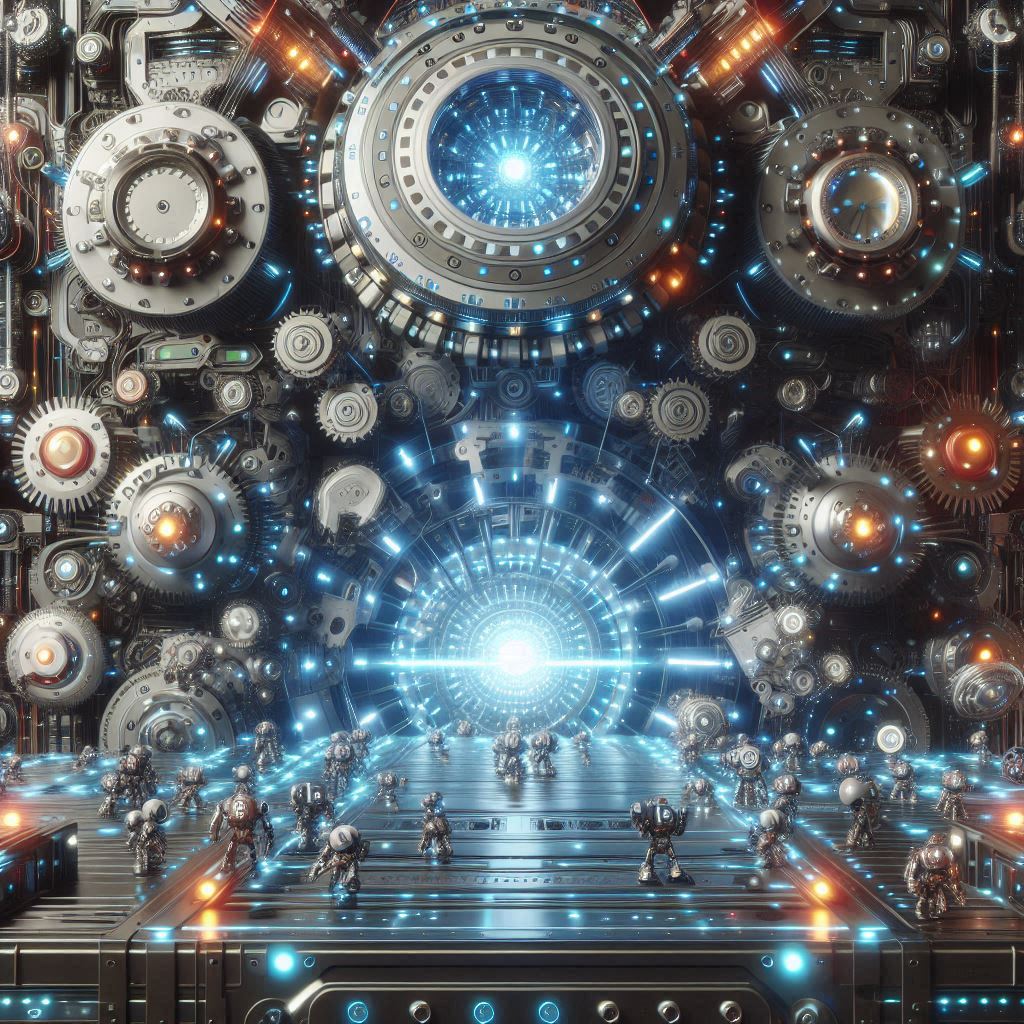The concept of the technological singularity – a point where artificial intelligence surpasses human intelligence – is a topic of both excitement and concern in the tech community. As we advance towards increasingly sophisticated AI, the possibility of reaching a singularity becomes more tangible. This hypothetical moment in time is often seen as a turning point for humanity, with potential outcomes ranging from the utopian to the dystopian.
AI’s rapid development has led to remarkable achievements in various fields, from healthcare to finance, suggesting that AI could eventually exceed human cognitive abilities. The technological singularity raises profound questions about the future of work, ethics, and even the essence of humanity itself. It challenges us to consider how we might coexist with superintelligent entities and what values we should instil in them.
Critics of the singularity concept argue that it is speculative and that AI, no matter how advanced, will always require human oversight. They point out the current limitations of AI, such as the lack of common sense and the inability to understand context as humans do. Moreover, they emphasize the importance of addressing the ethical implications of AI development long before any singularity is approached.
Proponents, however, believe that the singularity could lead to exponential growth in technology, solving problems that are currently insurmountable. They envision a future where AI could enhance human capabilities and even extend our lifespans. This perspective is grounded in the belief that AI will continue to evolve and integrate seamlessly into society, ultimately benefiting humanity as a whole.
The debate on AI and the singularity is ongoing, with valid arguments on both sides. What is clear is that the trajectory of AI development will have a profound impact on our world. It is imperative that we approach this future with caution, ensuring that AI advances in a way that is ethical, safe, and beneficial for all of humanity. As we stand on the precipice of potentially the greatest technological revolution in history, the decisions we make now will shape the future for generations to come.
Martin Mayes – by-line and other articles
Picture by Dall-E2


